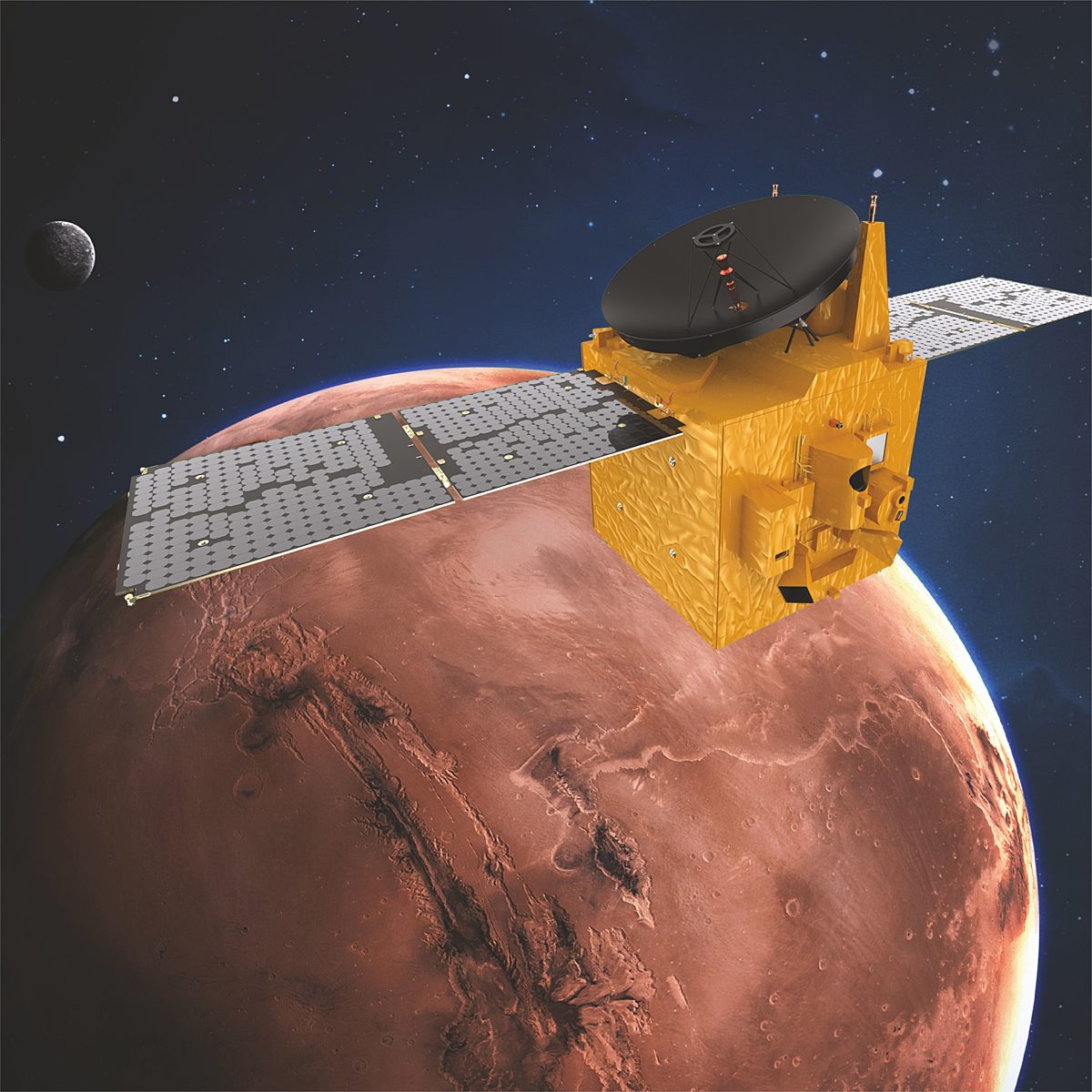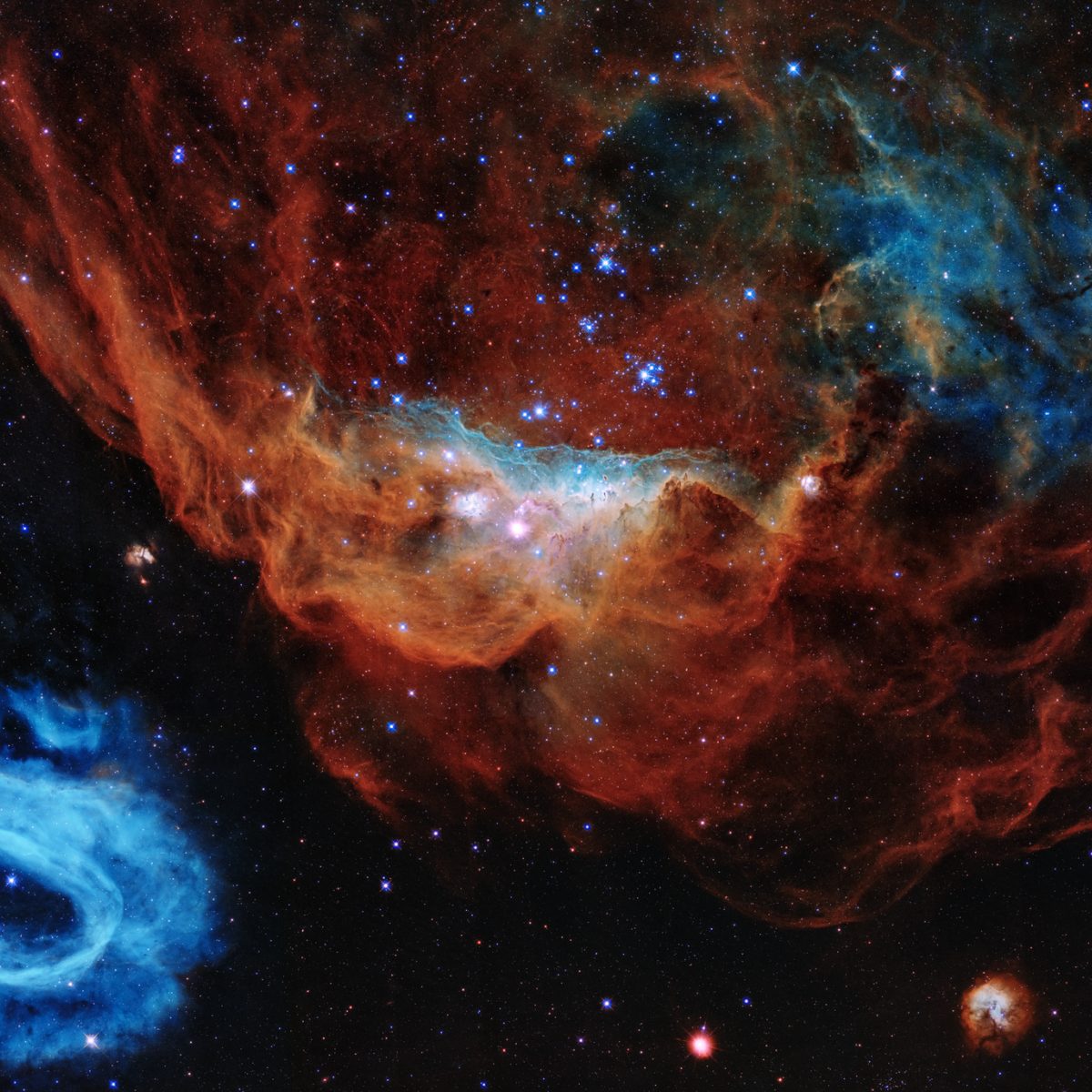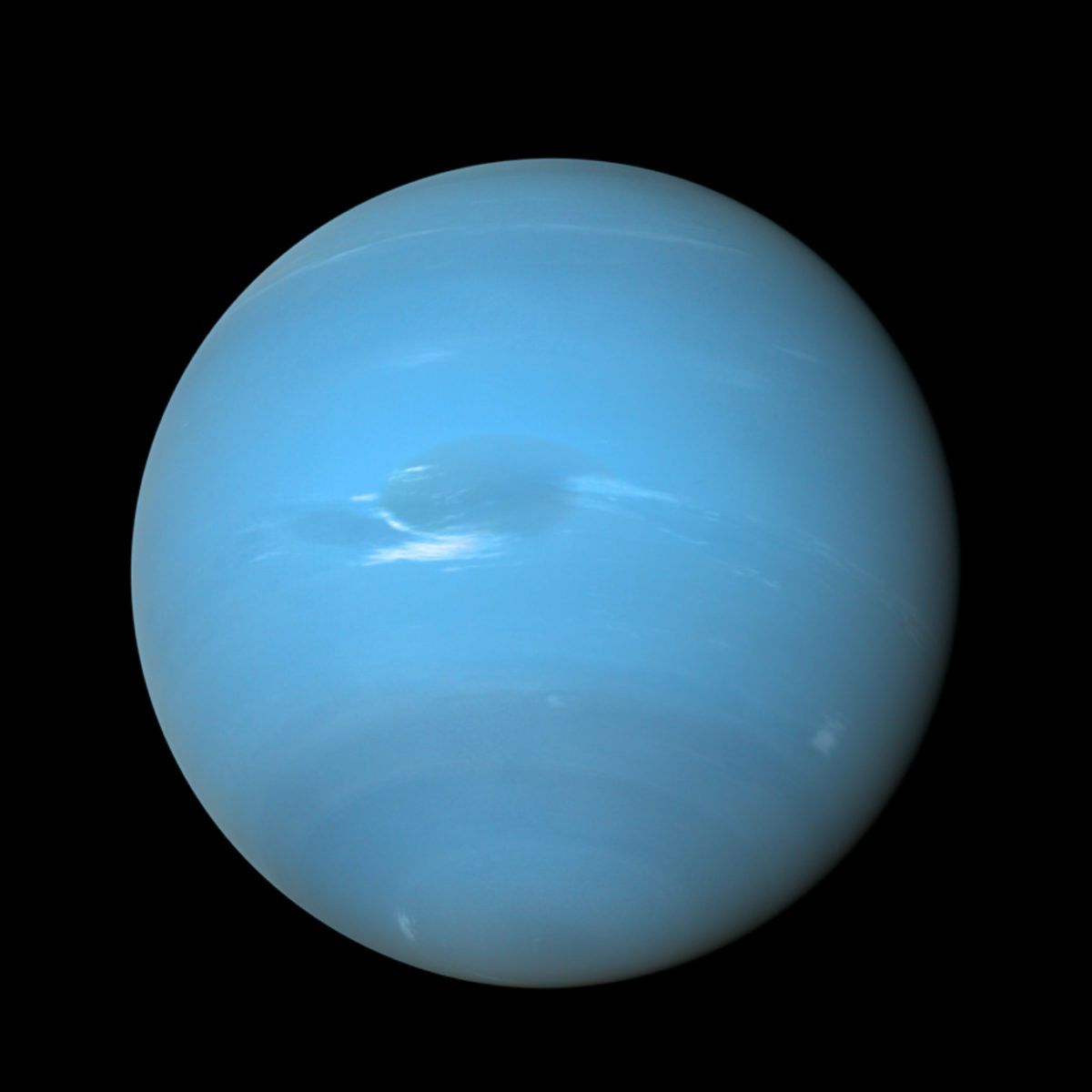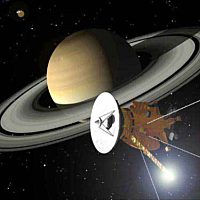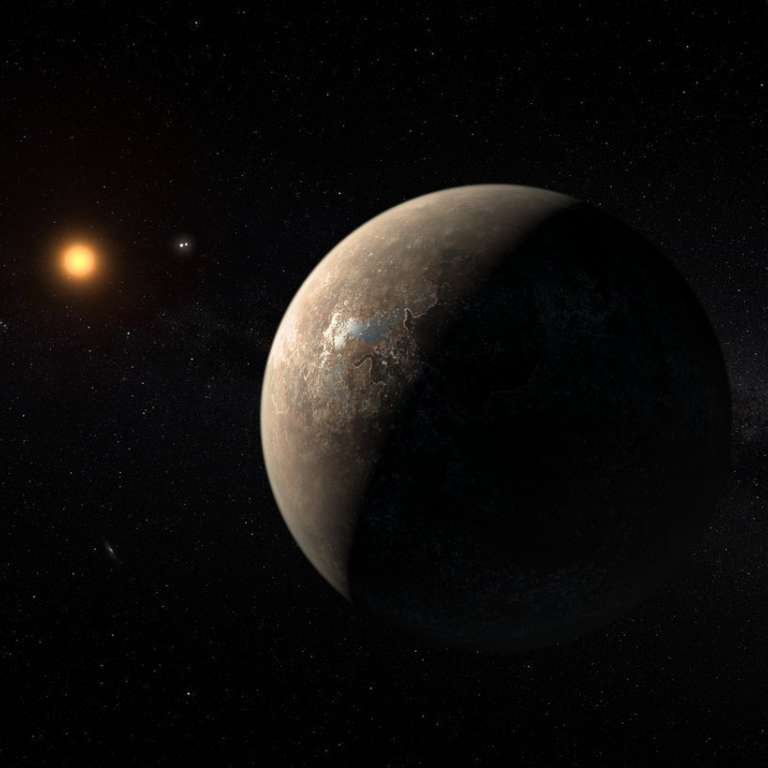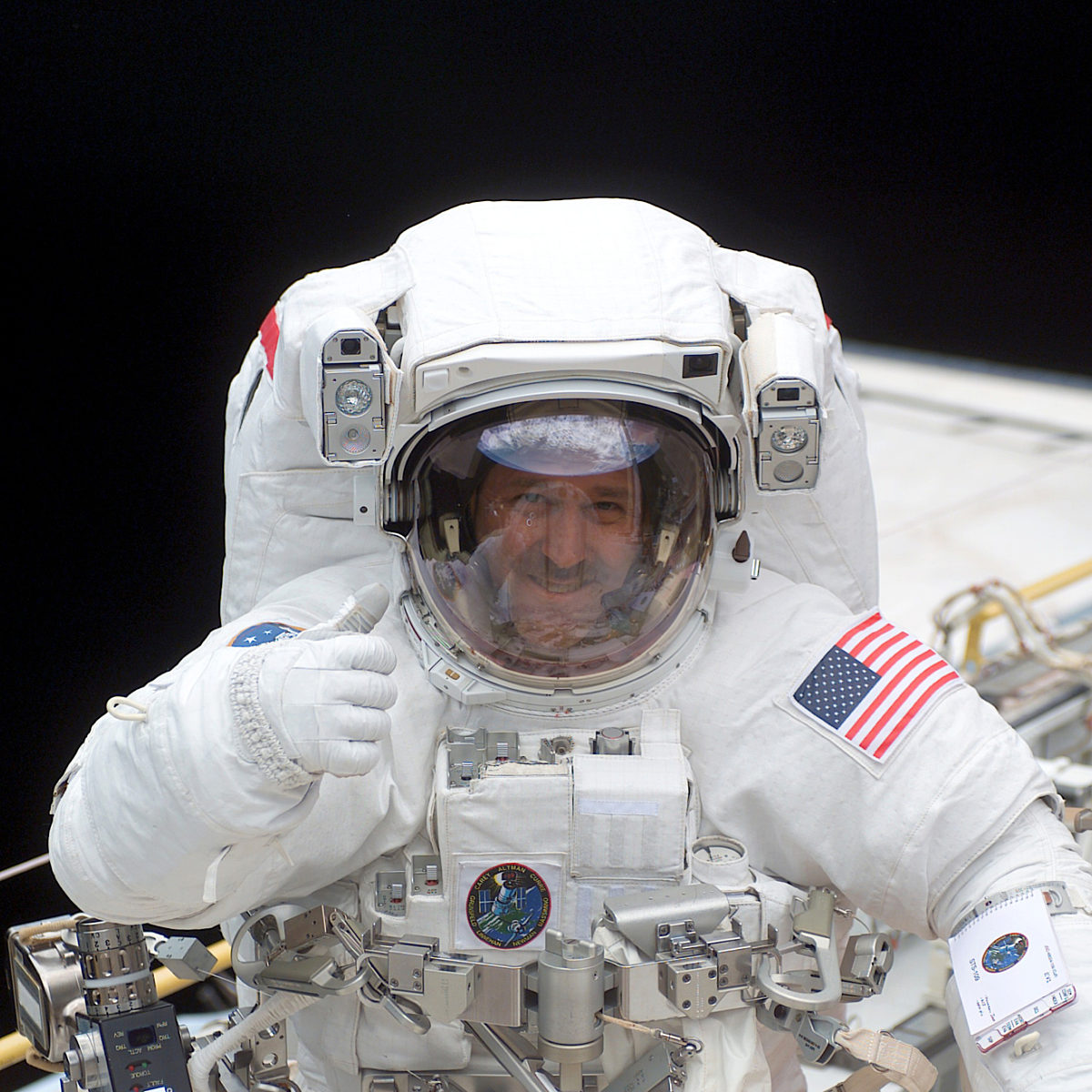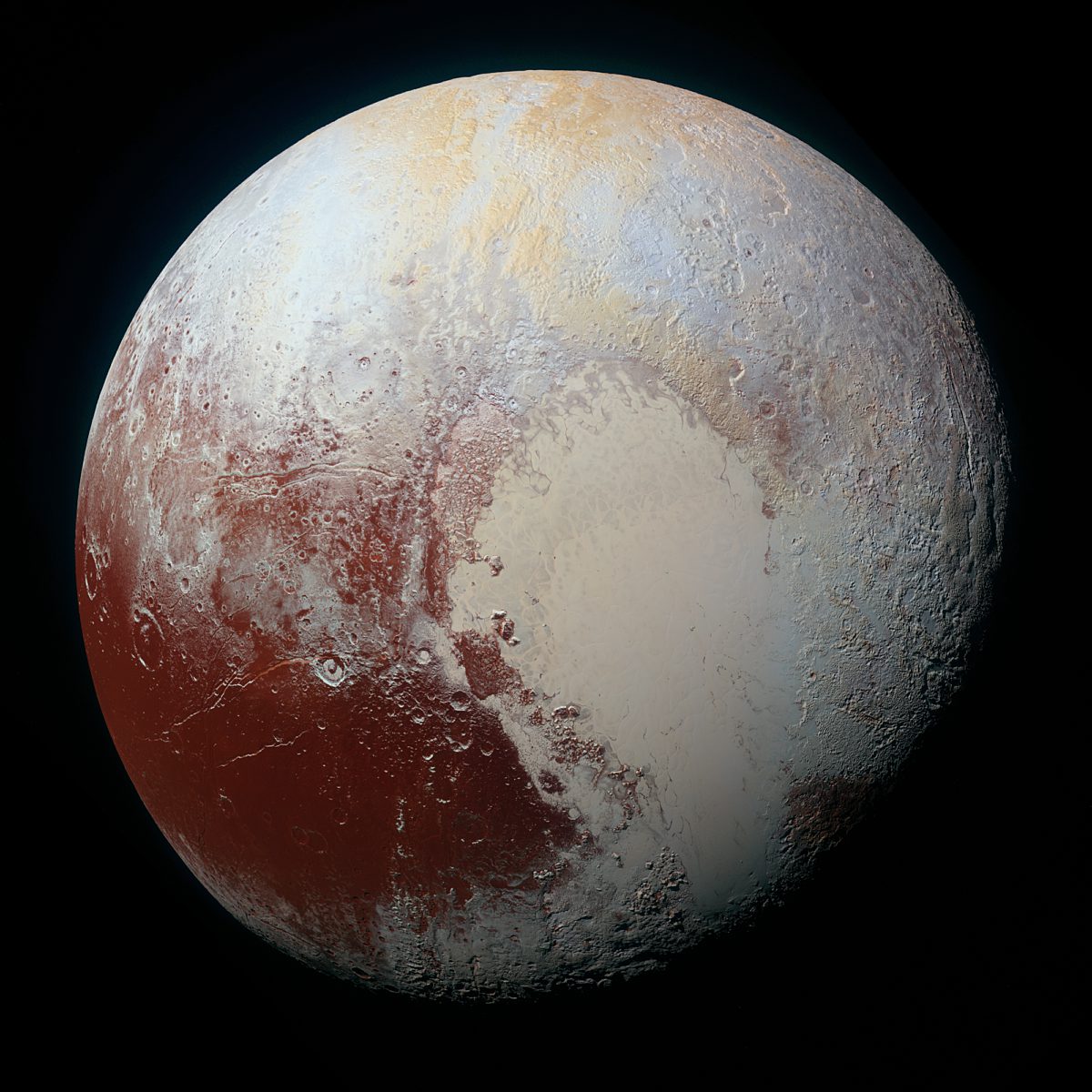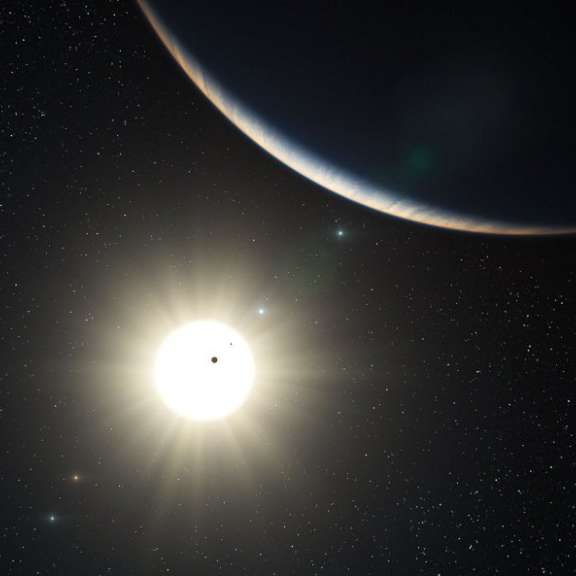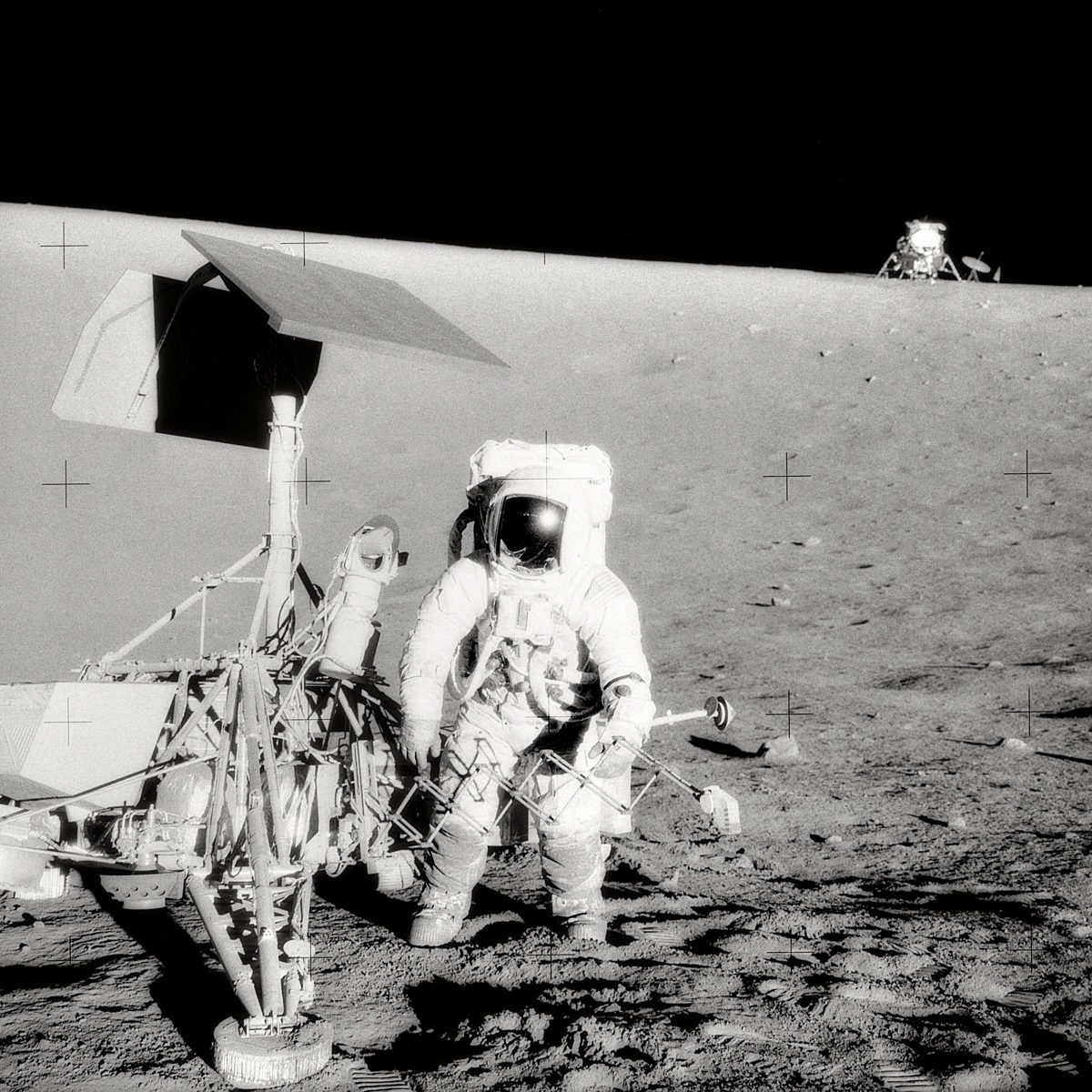Since 2002, Planetary Radio has visited with a scientist, engineer, project manager, advocate, or writer who provides a unique perspective on the quest for knowledge about our Solar System and beyond. The full show archive is available for free.
Search Planetary Radio
The United Arab Emirates is headed for Mars as comet NEOWISE speeds back to the outer reaches of the solar system, and three white papers address the future of planetary science and defense.
Astrophysicist and former astronaut John “Hubble Repairman” Grunsfeld looks back over three decades of beautiful science and inspiration delivered by the Hubble Space Telescope.
Another near Earth-sized planet has been found in the habitable zone around a distant star, discovered by a powerful space telescope named TESS.
Leaders of the just-ended Spitzer Space Telescope mission help us celebrate sixteen years of discoveries about our solar system, exoplanets and galaxies nearly as old as the universe itself.
When will we return to Uranus and Neptune? Planetary scientist Amy Simon explains why a mission to the so-called ice giants is a high priority as she tells us about these mysterious, blue worlds.
The Kepler mission has ended. Listen to highlights of the October 30th media briefing that included the father of the fantastically successful planet finder, William Borucki. Then catch the thoughts of Planetary Society editors and commentators Jason Davis and Emily Lakdawalla.
Happy Astronomy Day, October 13, 2018! We salute humankind’s long history of stargazing by checking in on what will be our planet’s largest telescope. Patrick McCarthy is an astronomer and a leader of the Giant Magellan Telescope project. He returns with a report on the instrument’s status, followed by a fascinating tour of the GMT facility.
We have so much to learn about Venus, says JPL scientist Sue Smrekar. What we learn will help us understand our own world and Mars.
It has been 20 years since we learned the expansion of the universe is accelerating due to the mysterious force called dark energy. Saul Perlmutter shared the Nobel Prize in Physics because of his contributions.
We have begun to understand the composition of worlds that are hundreds of trillions of kilometers from Earth. Astronomer Nikole Lewis is co-leader of a team that has used the Hubble Space Telescope to do this with the four Earth-like planets circling a star called TRAPPIST-1.
JPL astrophysicists Alina Kiessling and Jason Rhodes were brought together by their fascination over the mystery of dark energy. They talk with Planetary Radio about their research and the many missions they are contributing to, including WFIRST, a unique new space telescope.
Former NPR science reporter David Baron discusses the stories of men and women who made their way across the American West to view and document the total solar eclipse of 1878.
The National Geographic Channel’s “Mars” miniseries has begun. Mat Kaplan attended a kickoff for the ambitious docudrama last summer. You’ll hear from series technical advisor Bobby Braun, author of “The Martian” Andy Weir, Cosmos creator Ann Druyan and more.
The great Cassini spacecraft has a year to go before it plunges into the ringed planet. Project Scientist Linda Spilker returns with more amazing mission science.
The announcement was made just days ago. Co-discoverer Michael Endl tells us about the discovery of a roughly Earth-mass planet orbiting in the habitable zone of the closest star to our own.
The Planetary Society’s solar sail spacecraft was in the middle of a critical test as we spoke with the Society’s Bruce Betts and Jason Davis.
John Grunsfeld closes our coverage of the Space Foundation’s 32nd annual Space Symposium in Colorado Springs. We also meet the leaders of the New Generation Space Leaders Program.
Bruce Betts, Jason Davis, Casey Dreier and Emily Lakdawalla gather with Mat Kaplan for a fascinating and informative Planetary Radio Extra year-in-review roundtable discussion.
MIT planetary scientist and astrophysicist Sara Seager is on a quest. She wants to find a warm, wet exoplanet with signs of life. It could be Earth 2.0.
The National Research Council released its long-awaited report June 4th. Distinguished space policy analyst John Logsdon returns to Planetary Radio with his take on this latest attempt to determine the proper role of humans in space.


 Explore Worlds
Explore Worlds Find Life
Find Life Defend Earth
Defend Earth


